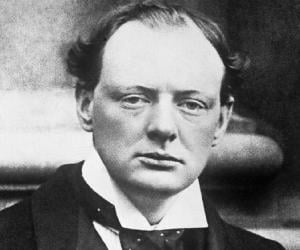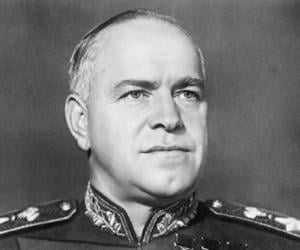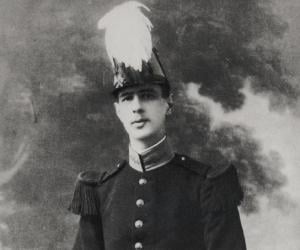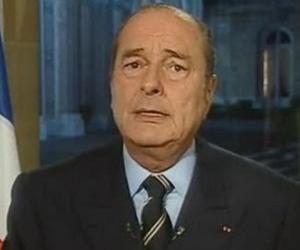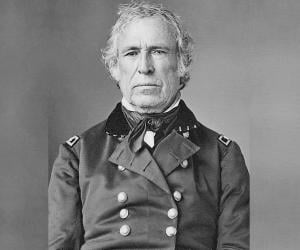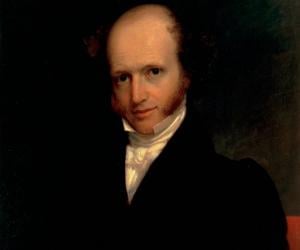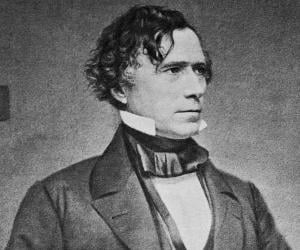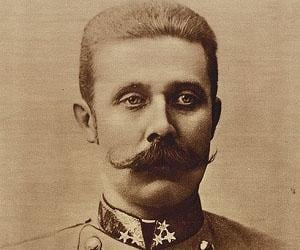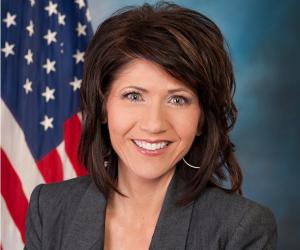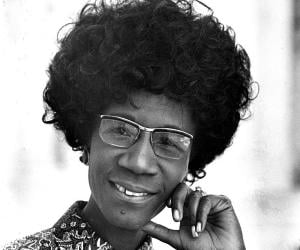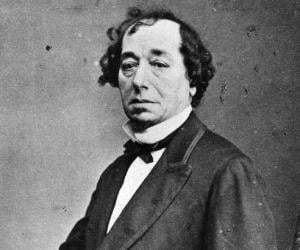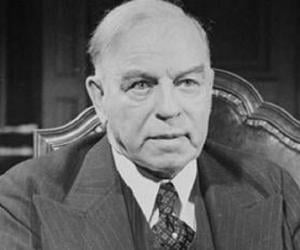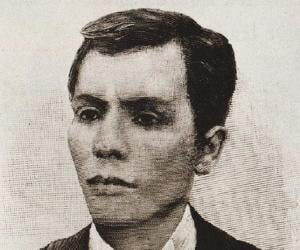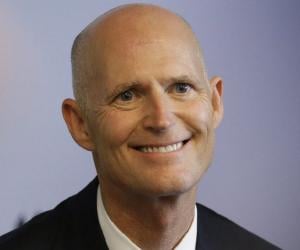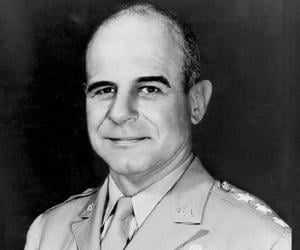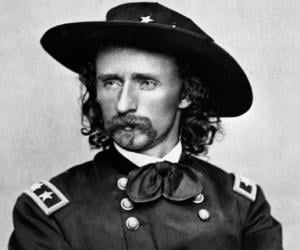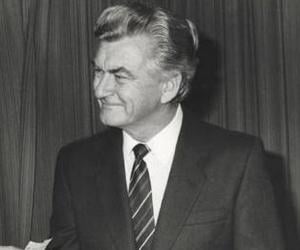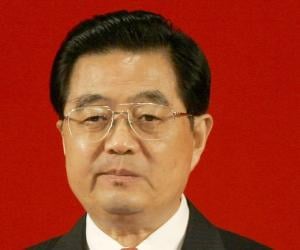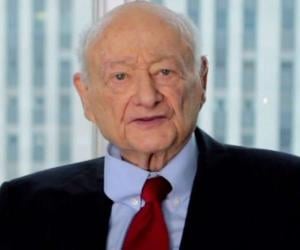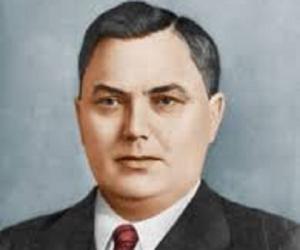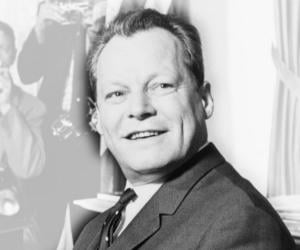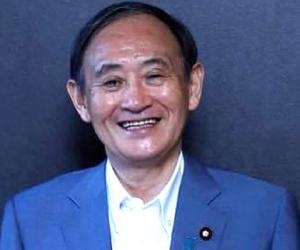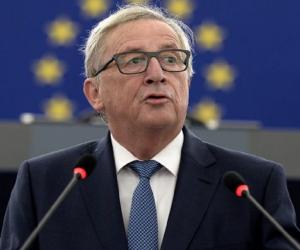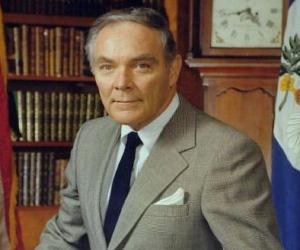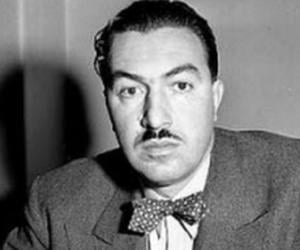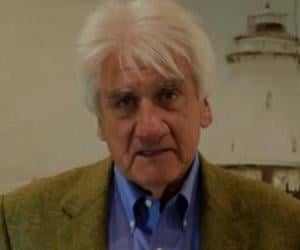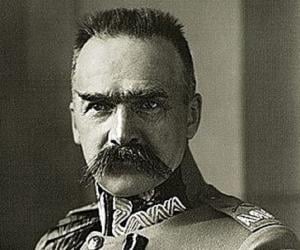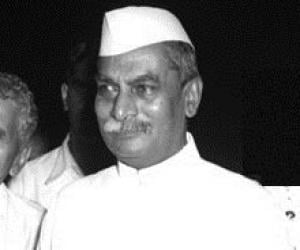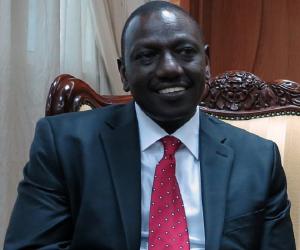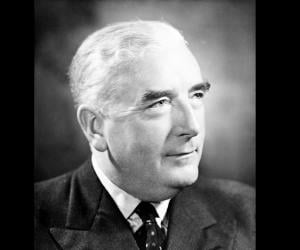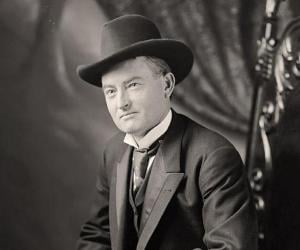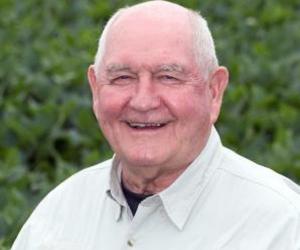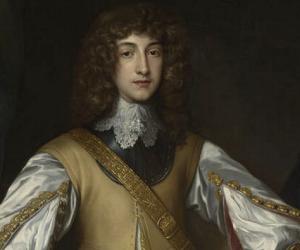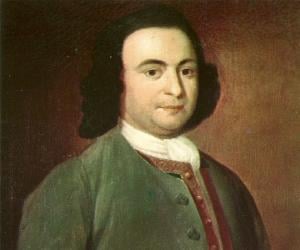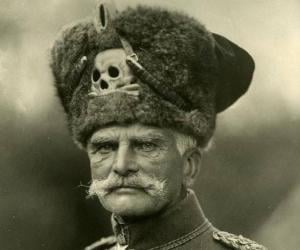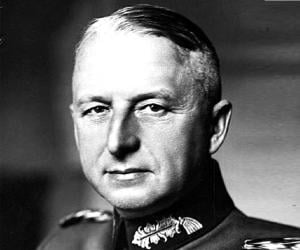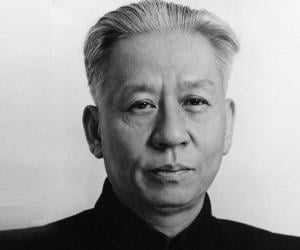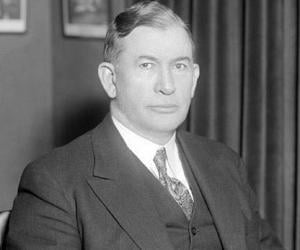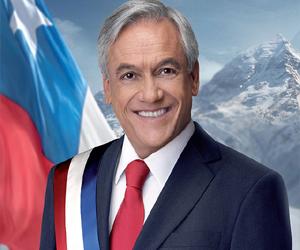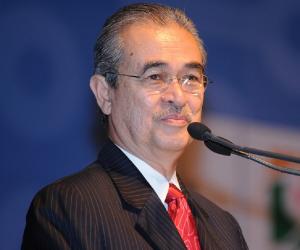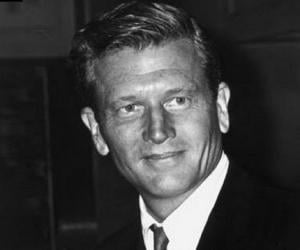The former Prime Minister of the United Kingdoms, Winston Churchill, is known for successfully leading his country during the Second World War against the Nazi Germany. An officer in the British army, he also served as a war correspondent before venturing into politics. One of the most influential peoples in British history, Churchill was also an accomplished painter.
Soviet general and Marshal of the Soviet Union, Georgy Zhukov, is remembered for overseeing some of the Red Army's most decisive victories during the Second World War. As a young man, he served in the First World War and the Russian Civil War. The recipient of four Hero of the Soviet Union awards, he was made the defence minister.
Charles de Gaulle was a French statesman and army officer. Charles de Gaulle fought against Nazi Germany in the Second World War by leading the Free French Forces. He also worked towards re-establishing democracy in France. He founded the Fifth Republic, France's current republican system, and rewrote the Constitution of France. He then served as the president of France.
Jacques Chirac was a French politician who served as France's prime minister on two occasions, first from 1974 to 1976 and then from 1986 to 1988. He also served as France's president from 1995 to 2007. Because of his long career in prominent government positions, Chirac was often caricatured or parodied. He was also depicted in films, such as W.
Martin Van Buren was an American statesman credited with co-founding the Democratic Party, one of the world's oldest and contemporary political parties. He served as the eighth president of the US and later became a prominent anti-slavery abolitionist leader. He also played a key role in forming the two-party system in the US.
Franklin Pierce was an American politician who served as the 14th president of the US. A northern Democrat, Franklin Pierce's actions leading up to the American Civil War are believed to have contributed to the commencement of the war. Scholars and historians rank Pierce as one of the least memorable and worst US presidents.
A courageous political leader, Shirley Chisholm made history when she became the first African-American woman to be elected the United States Congresswoman. Later, she yet again created history when she—though unsuccessfullyVran for Democratic Party's presidential nomination to contest for US presidency. Throughout her career, she advocated racial equality and women empowerment. As an author, she penned two books.
Benjamin Disraeli was a British politician who served two terms as prime minister of the UK. Disraeli is credited with playing a key role in the formation of the modern Conservative Party. Apart from being an influential politician, Benjamin Disraeli was also a prolific novelist; he wrote and published works of fiction even while serving as the prime minister.
Canadian statesman and politician Mackenzie King OM CMG PC, was the 10th prime minister of Canada. He held the position for three non-consecutive terms with a total of over 21 years in office and emerged as the longest-serving prime minister in the history of Canada. He remained instrumental in laying the foundations of the Canadian welfare state.
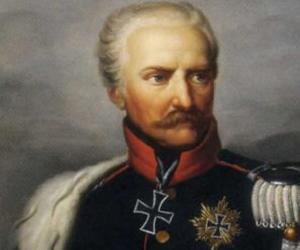
Rick Scott is an American politician. Since 2019, Scott has been serving as the US senator from Florida. Even before becoming the senator, Scott had a major impact on Florida, serving as its 45th governor from 2011 to 2019. Scott, who had a great start to his career, was named among America's 25 Most Influential People by Time in 1996.
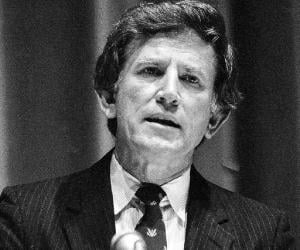
Jimmy Doolittle was an American aviation pioneer and military general. Apart from winning many flying races, Doolittle also helped develop instrument flying. He was the brains behind the Doolittle Raid, the air raid that served as retribution for the Japanese attack on Pearl Harbor during World War II. His work during the raid earned him the prestigious Medal of Honor.
George Armstrong Custer was a US Army officer. He played an important role as a cavalry commander in the American Indian Wars and the American Civil War. His death at the Battle of the Little Bighorn, commonly referred to as Custer's Last Stand, went on to become a well-known episode of the American Indian Wars.
President of the People's Republic of China (PRC) from 2003 to 2013, Hu Jintao is believed to have given shape to the belligerent China that Xi Jinping unleashed on the world. He was conservative with political reforms and reintroduced state control in several sectors. Known for his reserved and modest leadership style, his tenure marked consensus based rule and collective leadership.
Georgy Malenkov was a Soviet politician who succeeded Joseph Stalin as the leader of the Soviet Union. He also played a major role during World War II as he was given sole responsibility of Soviet Union's missile program during the war. Almost inseparable from any account of Stalin's biographies, Malenkov was played by Jeffrey Tambor in The Death of Stalin.
Willy Brandt was a German statesman and politician. From 1964 to 1987, he led the Social Democratic Party of Germany. From 1969 to 1974, Brandt served as chancellor of West Germany. In 1971, he was honored with the prestigious Nobel Peace Prize for his efforts to achieve reconciliation between the countries of Eastern Europe and West Germany.
Jean-Claude Juncker is a Luxembourgish politician. From 1989 to 2009, he served as the minister for finances. In 1995, he became the 23rd prime minister of Luxembourg and served in this position until 2013. At the end of his prime ministership, Jean-Claude Juncker was one of the world's longest-serving democratically elected leaders.
Józef Piłsudski was a Polish statesman and one of the most influential personalities in Polish politics post World War I. From 1918 to 1922, he served as the Chief of State. From 1926 to 1935, he was regarded as the de facto leader of the Second Polish Republic and was largely viewed as the father of Interwar Poland.
William Ruto is a Kenyan politician and the current Kenyan deputy president. Between 6 and 8 October 2014, Ruto served as the acting president when President Uhuru Kenyatta was in the Netherlands at the International Criminal Court. Apart from being a politician, William Ruto also owns an interest in several real estate developments, including the Weston Hotel in Kenya.
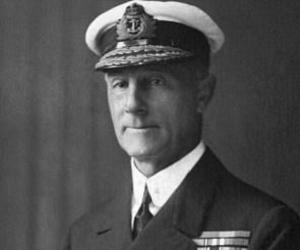
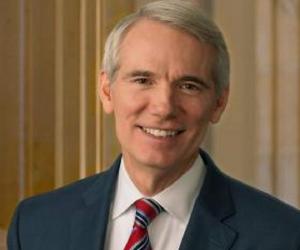
Robert Menzies was an Australian politician who served as the prime minister of Australia on two non-consecutive terms. He served over 18 years in total, becoming the longest-serving prime minister in Australian history. His government is known for its emphasis on higher education, national security policies, and immigration schemes. After retirement, he became the chancellor of the University of Melbourne.
Texas-based Democratic politician John Nance Garner III, also known as Cactus Jack, served as the vice president of the U.S. from 1933 to 1941, under President Franklin D. Roosevelt. The qualified lawyer had also served as the speaker of the U.S. House of Representatives. He fell out with Roosevelt later.
Sonny Perdue is an American businessman, veterinarian, and politician. From 2017 to 2021, he served as the United States Secretary of Agriculture. He also served as the 81st Governor of Georgia and became the first Republican to serve in that position since the Reconstruction era. Sonny Perdue is also credited with founding an agricultural trading company called AGrowStar.
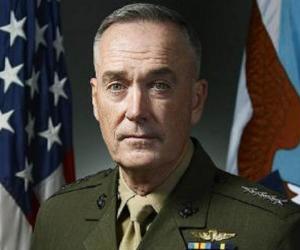
Prince Rupert of the Rhine was a German-English admiral, army officer, colonial governor, and scientist. Renowned for his energy and quick-thinking, Rupert made long-lasting and impressive contributions to the doctrine and development of the Royal Navy. He is also credited with shaping modern Canada's political geography.
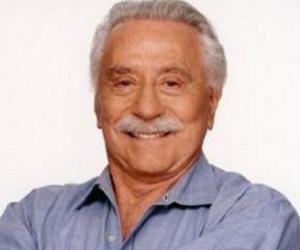
Joe Weider was a Canadian entrepreneur and bodybuilder. He is credited with co-founding the International Federation of BodyBuilding and Fitness which oversees several of the sport's international events, such as the Continental and World Championships. Weider is also credited with creating prominent bodybuilding contests like Mr. Olympia, Masters Olympia, and Ms. Olympia.
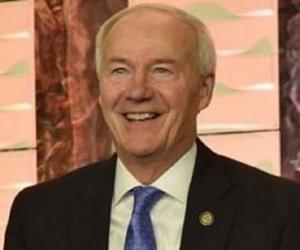
August von Mackensen was a German field marshal during the First World War. He was considered one of the German Empire's most prominent military leaders. Following his retirement, he became a Prussian state councilor. He supported right-wing monarchists and nationalist groups. His attitude towards the Nazi regime was ambiguous. He died in 1945 at the age of 95.
Erich von Manstein was a German commander of the Wehrmacht, Nazi Germany's armed forces. He joined the army at a young age and was active during both World War I and World War II. Following Germany’s defeat in World War II, he was taken prisoner by the British. He was tried for war crimes and convicted on several counts.
Liu Shaoqi was a Chinese politician, revolutionary, and theorist. He served as the vice-chairman of the Chinese Communist Party from 1956 to 1966. From 1959 to 1968, he served as the Chairman of the People's Republic of China, implementing several policies of economic reconstruction in the country. For 15 long years, Liu was the third most influential man in China.
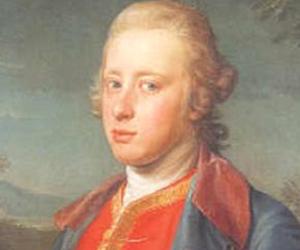
Chilean president Sebastian Pinera not only boasts of a Harvard doctoral degree but is also a successful businessman, having introduced credit cards to the Chilean public through his company Bancard. His Fundación Futuro works for causes such as energy and water conservation. He is married to his neighbor Cecilia Morel.
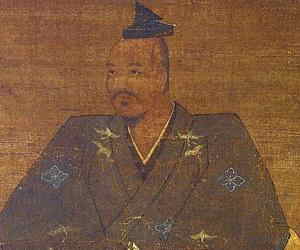
Takeda Shingen was an influential daimyo, or feudal lord of the Takeda clan, in Japan, apart from being an able military leader. Also known as the Tiger of Kai, he had long military conflicts with Uesugi and other leaders. His life inspired legendary filmmaker Akira Kurosawa’s Kagemusha.
Former Malaysian prime minister Abdullah Ahmad Badawi had initially served the civil services. He focused on removing corruption and poverty from his country during his tenure as the PM. He is also a talented poet, and following his retirement, he now serves as the chancellor of the Universiti Teknologi Petronas.
